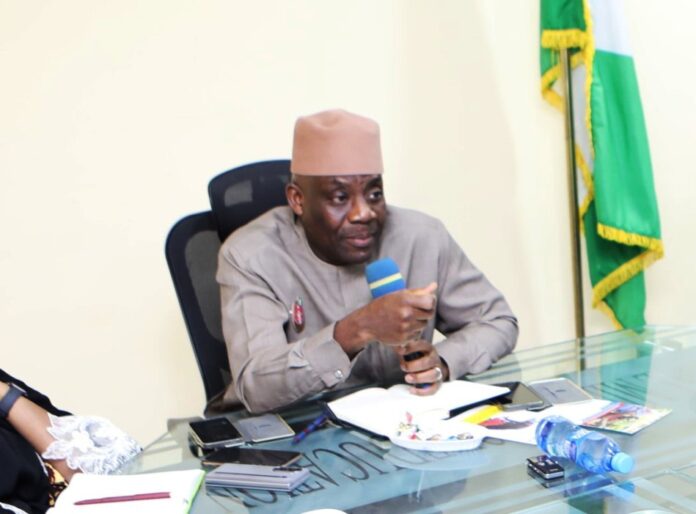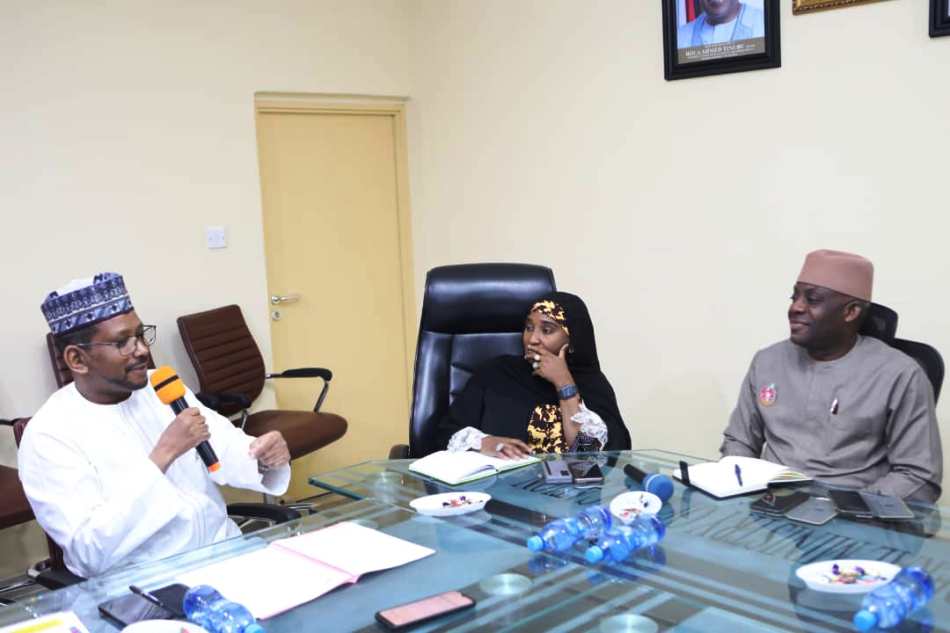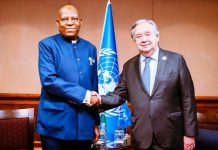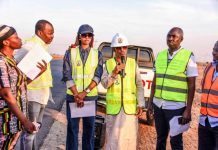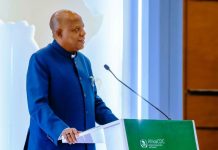The Honourable Minister of Education, Dr. Maruf Olatunji Alausa, has called for enhanced coordination among development partners in Nigeria’s education sector during a courtesy visit by UNESCO officials to the Ministry of Education. The visit, held in Abuja, was a platform to align UNESCO’s interventions with the Ministry’s priorities and explore innovative strategies to strengthen collaboration.
Dr. Alausa commended UNESCO for its invaluable contributions to Nigeria’s educational development and emphasized the need to address fragmentation among support and development partners. He announced the Ministry’s adoption of a Sector-Wide Approach (SWAP) to ensure streamlined efforts, eliminate duplication, and optimize resources for impactful results.
“Our clear roadmap includes initiatives such as the National ICT for Education Framework (NITA) and the Delivering on Targets System (DOTS), focusing on six core priorities: teacher training, skills development, data collection, digitalization, quality assurance, and gender-inclusive education,” Dr. Alausa stated. He also highlighted the Ministry’s ongoing efforts to integrate its Education Management Information Systems (EMIS) into a unified digital platform to enhance data sharing and analysis.
As Dr. Alausa noted, “Education must transcend traditional Western models to address the unique needs of all children, including those in Almajiri schools. Through localized data collection and strategic collaboration, we can make education more inclusive and impactful”.
The Honourable Minister of State for Education, Dr. Suwaiba Said Ahmad, echoed this sentiment, emphasizing the importance of mapping UNESCO’s interventions to ensure alignment with Nigeria’s national priorities. She highlighted the need for a holistic approach to teacher quality, including training, deployment, and welfare, while also stressing the significance of diversifying Technical and Vocational Education and Training (TVET) beyond agriculture.
UNESCO’s Head and Representative in Abuja, Mr. Abdurrahman Diallo, reaffirmed the organization’s unwavering support for Nigeria’s education sector. He outlined ongoing initiatives, including the EU-funded teacher development program in six states and the Korea-funded Better Education for Africa’s Rise (BEAR) project, which focuses on strengthening TVET systems, particularly in the agricultural sector.
Additionally, Mr. Diallo highlighted UNESCO’s success in training 1.5 million teachers in Family Life and HIV Education and its role in promoting literacy, digital skills, and peace education, particularly for girls. He urged stronger collaboration to achieve Nigeria’s educational goals before 2030, emphasizing UNESCO’s role as a convenor and technical partner in driving integrated strategies like SWAP.
Dr. Lateef Olagunju, Secretary-General of the National Commission for UNESCO, underscored UNESCO’s capacity to provide technical support, which sometimes includes funding. He shared an example of financial assistance secured for flood-affected communities in Borno State, emphasizing the importance of well-packaged requests to maximize available resources.
The discussions culminated in a commitment to restructuring the National Education Group (NEG) meetings to occur every two months, reflecting the urgency and scale of Nigeria’s educational challenges. This frequent engagement aims to harness validated data, align resources effectively, and ensure targeted interventions.
Signed
Boriowo Folasade
Director, Press & Public Relations



